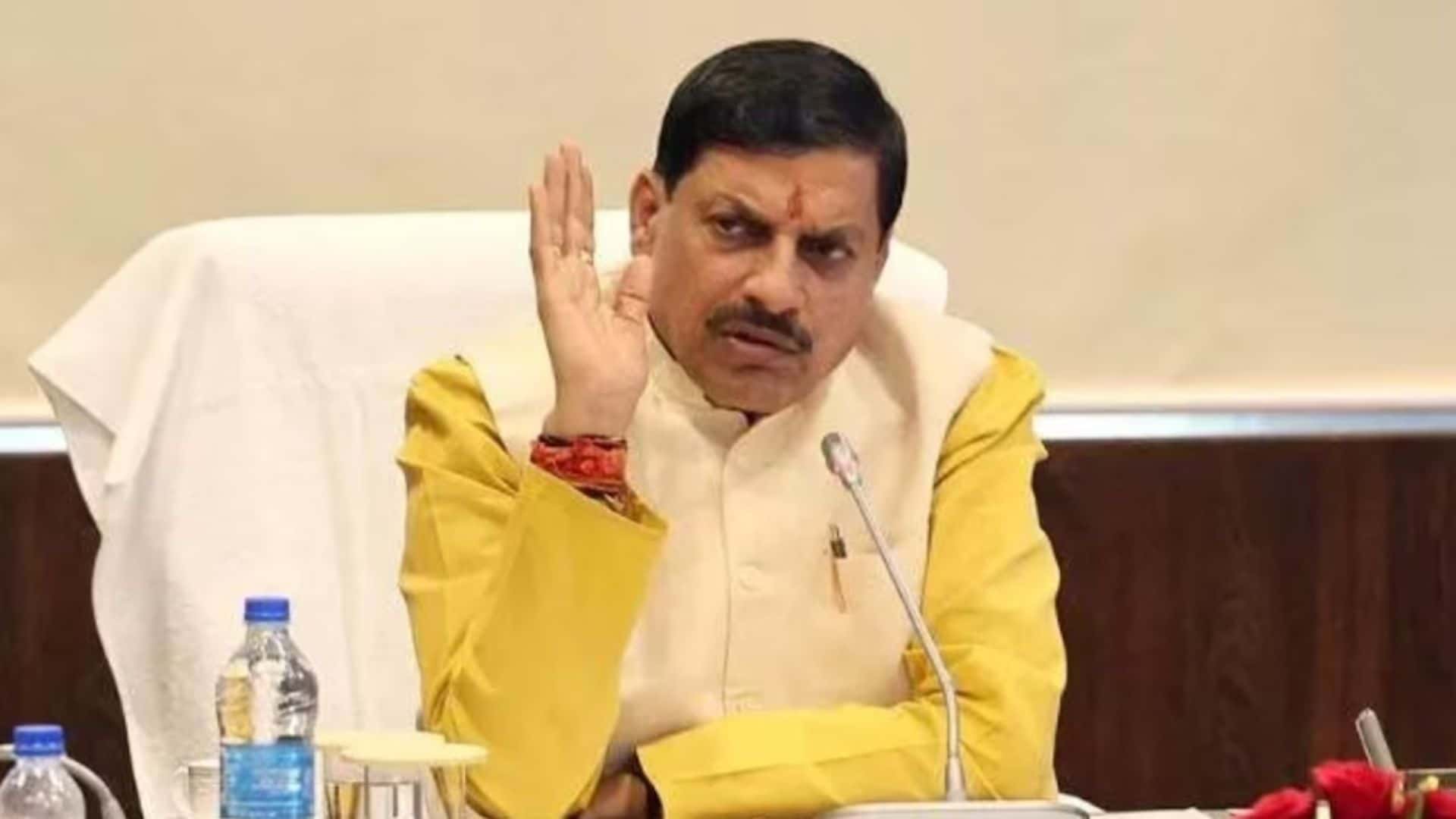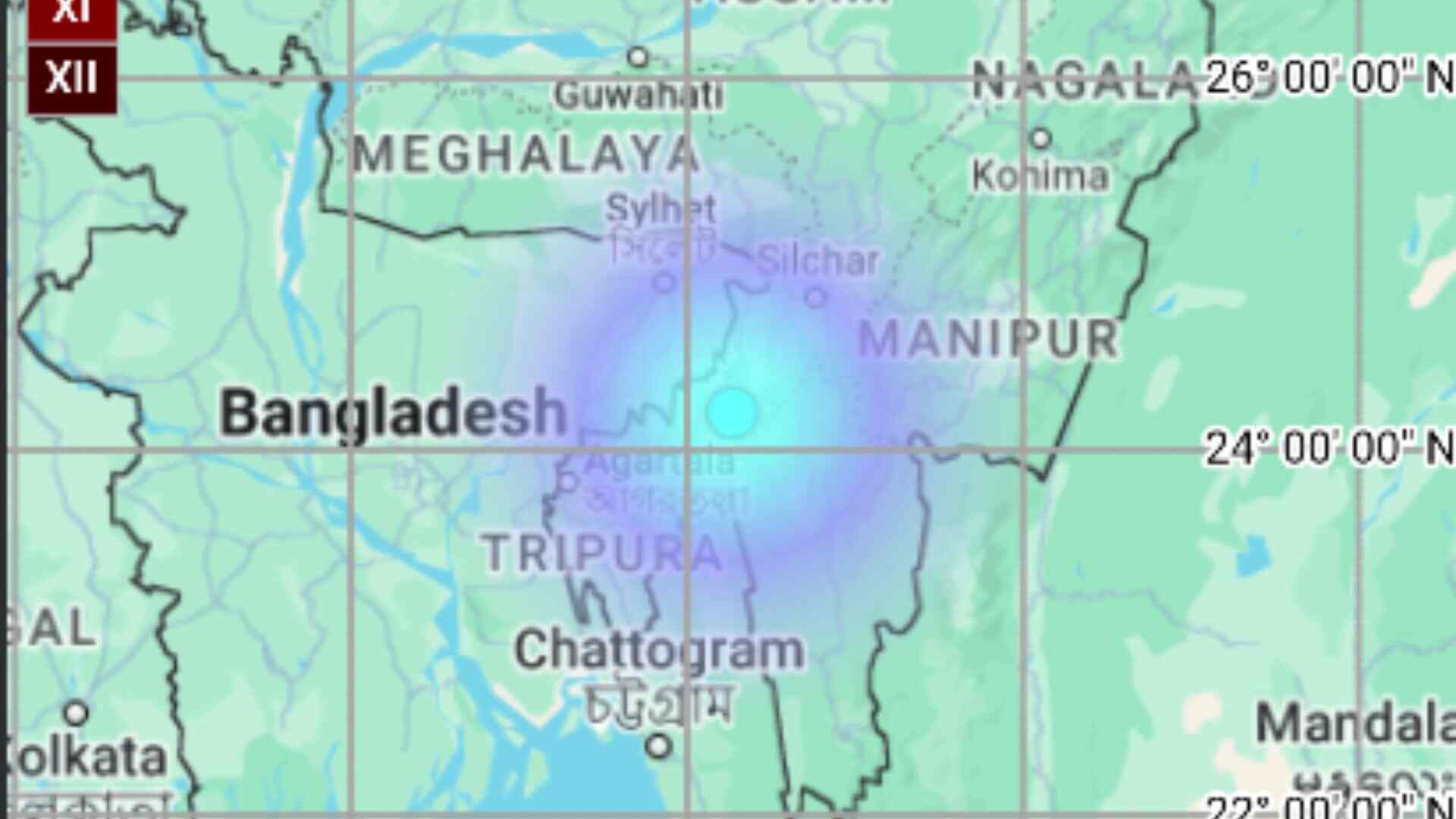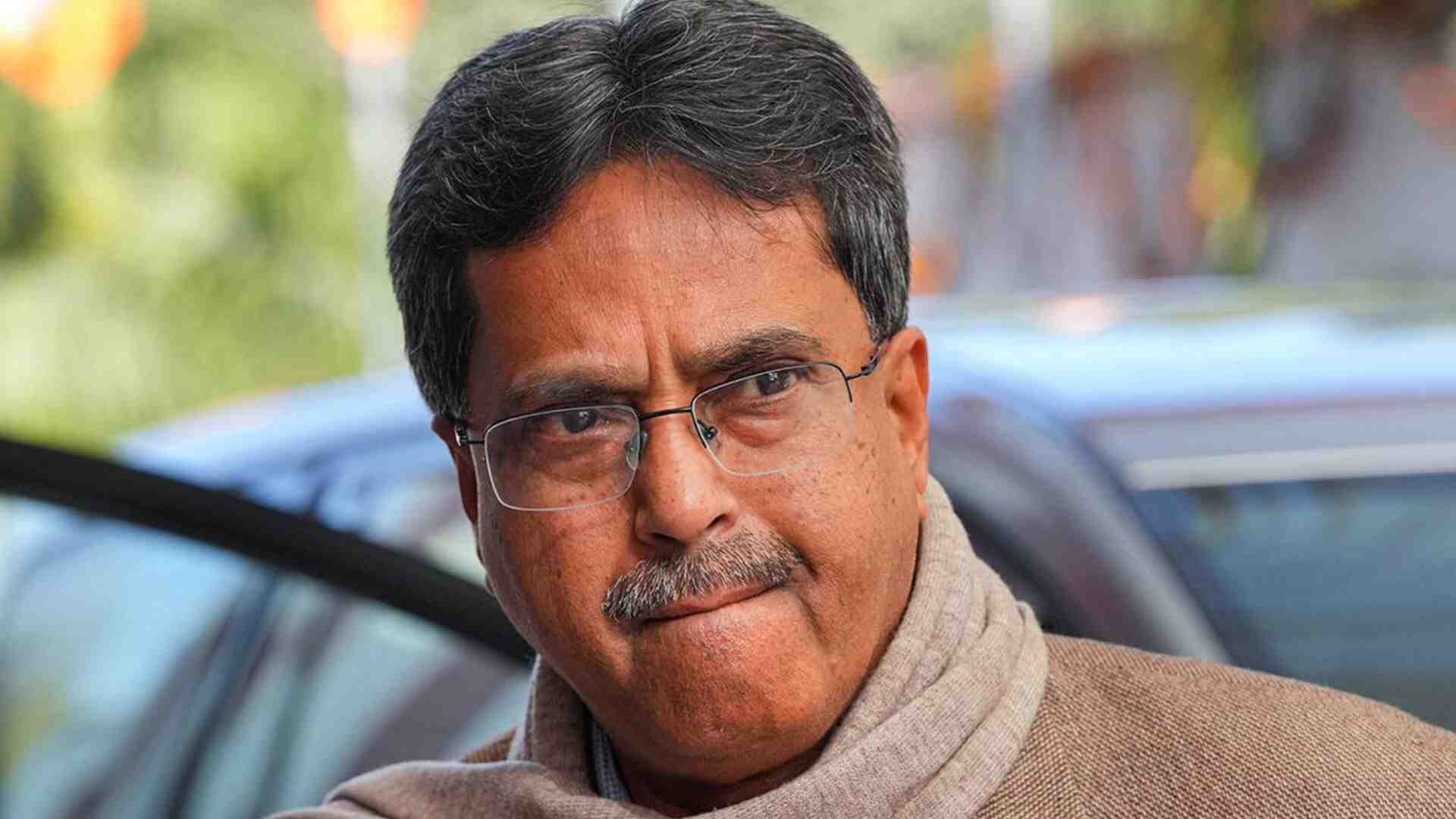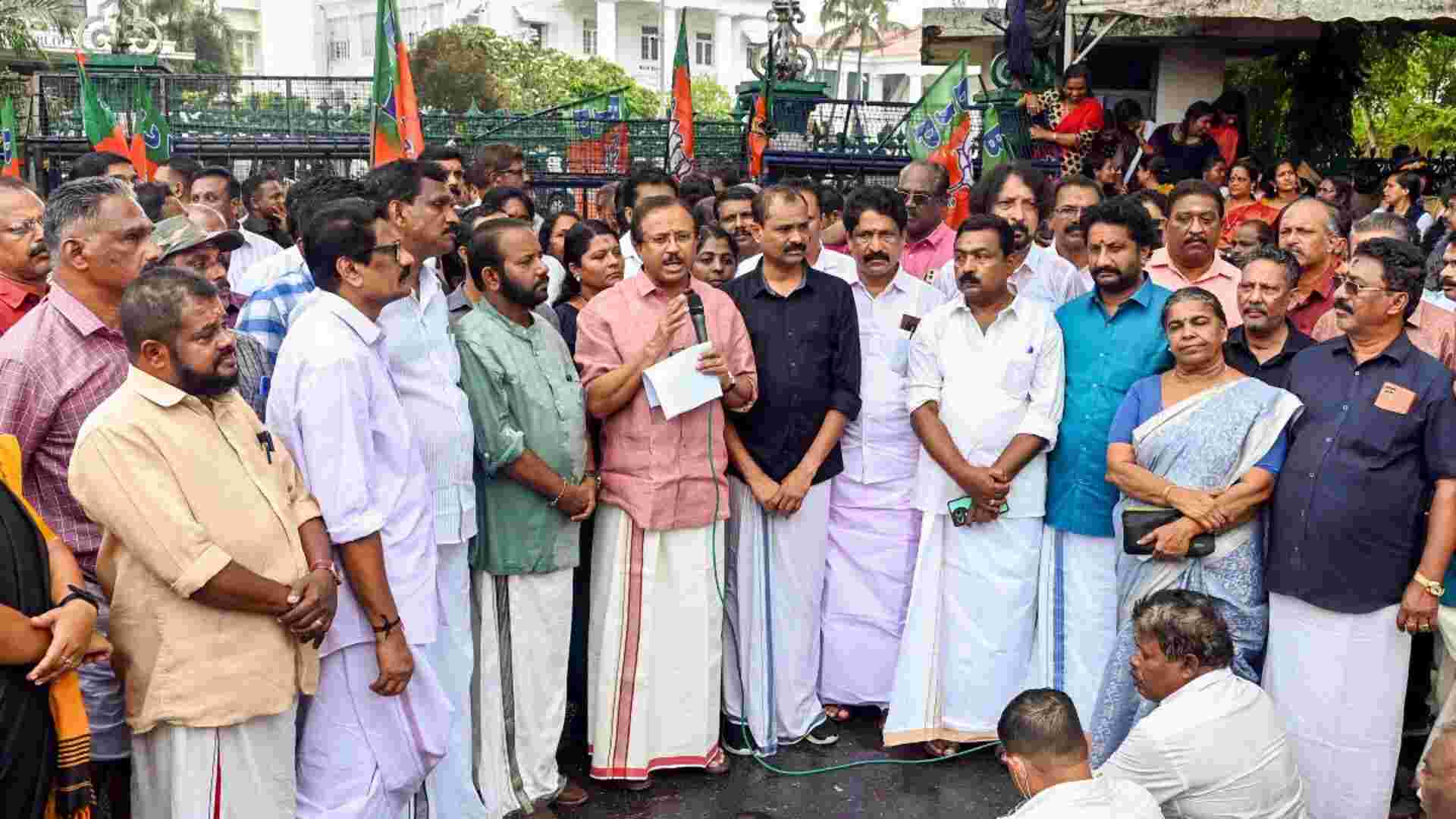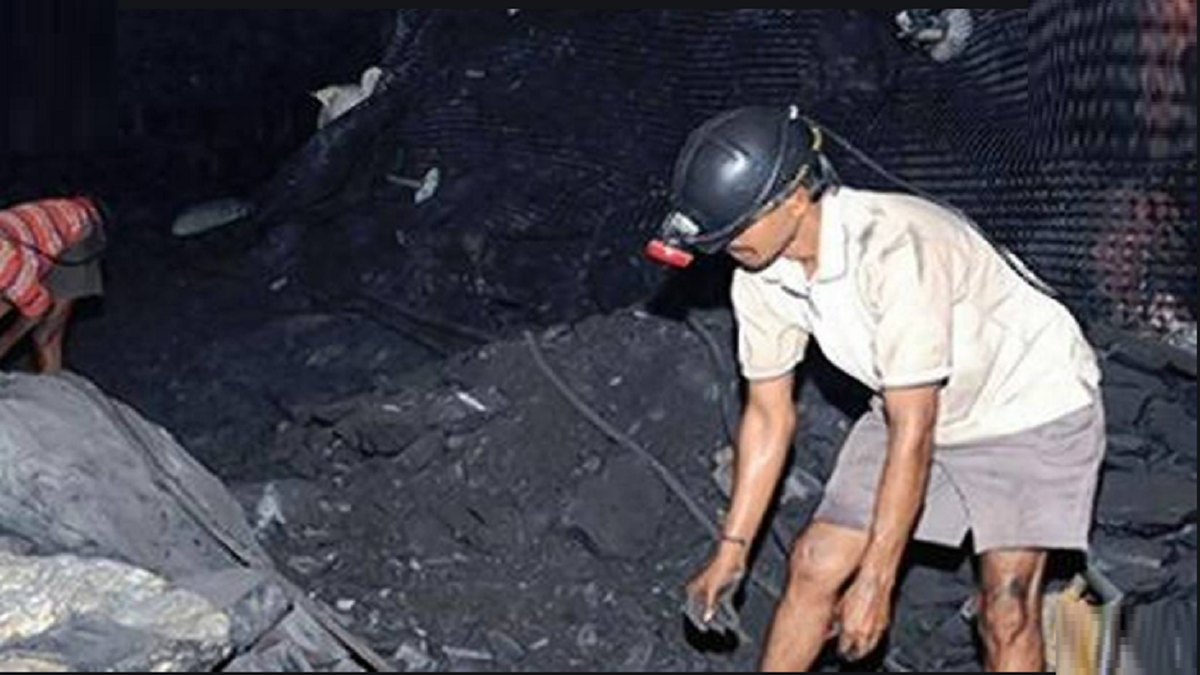
A two-stage e-auction of 41 coal blocks for commercial mining was launched by Prime Minister Narendra Modi on Thursday. Going to be held through video-conferencing, this auction process has been adopted for the allocation of coal mines and as a part of the announcements under the “Aatmanirbhar Bharat Abhiyan” of the Central government. The PM called it a major step towards making India self-reliant in the energy sector.
This auction process marks the beginning of opening of Indian coal sector for commercial mining which will enable the country achieve self-sufficiency in meeting its energy needs and boost industrial development. With the launch of commercial mining, India has unlocked the coal sector fully with opportunities for investors related to mining, power and clean coal sectors.
According to PM Modi, India would turn the Covid-19 crisis into an opportunity and the economy of the country has been fast returning to normal since Unlock 1.0. He said that the area under wheat procurement and Kharif crops has also increased this year, leading to the betterment of the rural economy as well. The pre-pandemic consumption and demand rate has also been restored in the Indian market.
A self-reliant India, according to Modi, means saving foreign currency on imports by reducing dependency on foreign goods. This can be achieved by developing resources domestically and making India the biggest exporter of commodities that it was importing till now. In order to achieve this, every sector, every product and every service had to be worked upon integrally. Hence, in the energy sector, the auction for commercial mining was an important step towards making India self-reliant.
“Today, a major step is being taken to make India self-reliant in the energy sector. This event not only marks the implementation of reforms concerning just a single sector i.e. the coal mining sector, but also represents the commitment to realise 130 crore aspirations. This marks the beginning of lakhs of employment opportunities for our youth,” the Prime Minister said.
PM Modi said that the launch of commercial mining marked both implementation of reforms to the coal mining sector and creation of lakhs of jobs for the citizens. The Modi government has decided to spend Rs 50,000 crore on the infrastructure for coal extraction and transport in and from these mines which would again create a lot of job opportunities for locals. 16 “aspirational” districts, according to PM Modi, had a huge reserve of coal but the locals had to migrate to other cities for jobs they were not benefited from it.
PM Modi said that the tribal lives would also be eased from the reforms and investment in the coal sector as the extra revenue generated from these mines would be spent on welfare schemes. The District Mineral Fund would also help those states which would be generating more revenue and a major portion of it would be used to develop the surrounding areas in terms of essential facilities. It was an irony, he added, that India being the second largest producer of coal and having the world’s fourth largest coal reserve was the second largest coal importer in the world. He also said that the energy sector, devoid of transparency, had been kept out of competition which hampered efficiency and investment.
“Friends, this has been our situation for decades. The country’s coal sector was entangled in the mesh of captive and non-captive. It was kept outside the competition; transparency was a major issue. Forget about the fair process of auction, everybody is aware of the big scams involving coal mines allocation. For this reason, the coal sector lacked investment and its efficiency was also questionable. Coal would be extracted in one state and sent to another state, hundreds of kilometers away and the originating state would wait for coal. It was quite messy,” PM Modi said.
The government had introduced coal linkage in 2014 to give momentum to the sector and according to PM Modi, opening up of this sector would not only increase competition, capital and participation but also increase technological advances. It would ensure new private companies did not face any hindrance on the economic forefront. The reforms are claimed by PM Modi to hold a win-win situation for all stakeholders as it would also benefit other sectors of steel, cement, aluminium and fertilizer. It would vastly help in increasing power generation.
PM Modi also said that while making India self-reliant, no compromise would be made on the country’s commitment towards protecting the environment. With steps like coal gasification, the environmental norms would be kept in mind to protect mother nature. A target to gasify around 100 million tonnes of coal by the year 2030 has been set by the Modi government and four projects with investments of Rs 20,000 crore have been identified.
This is for the first time in more than four decades that the country has thrown open commercial coal mining to private companies, a step which is expected to make the country self-sufficient in energy, sources said.This will also break the 44-year old monopoly of the state-owned Coal India Limited (CIL).

